The silent sacrifice of soldiers is a poignant reflection of the often-overlooked realities faced by those who serve in the military. While the outward manifestations of their bravery may be celebrated—parades, medals, and ceremonies—the true essence of their sacrifices is often shrouded in silence. This article aims to delve deeper into the complexities of this theme, exploring the emotional, psychological, and societal implications for the brave men and women who risk everything for their country’s freedom.
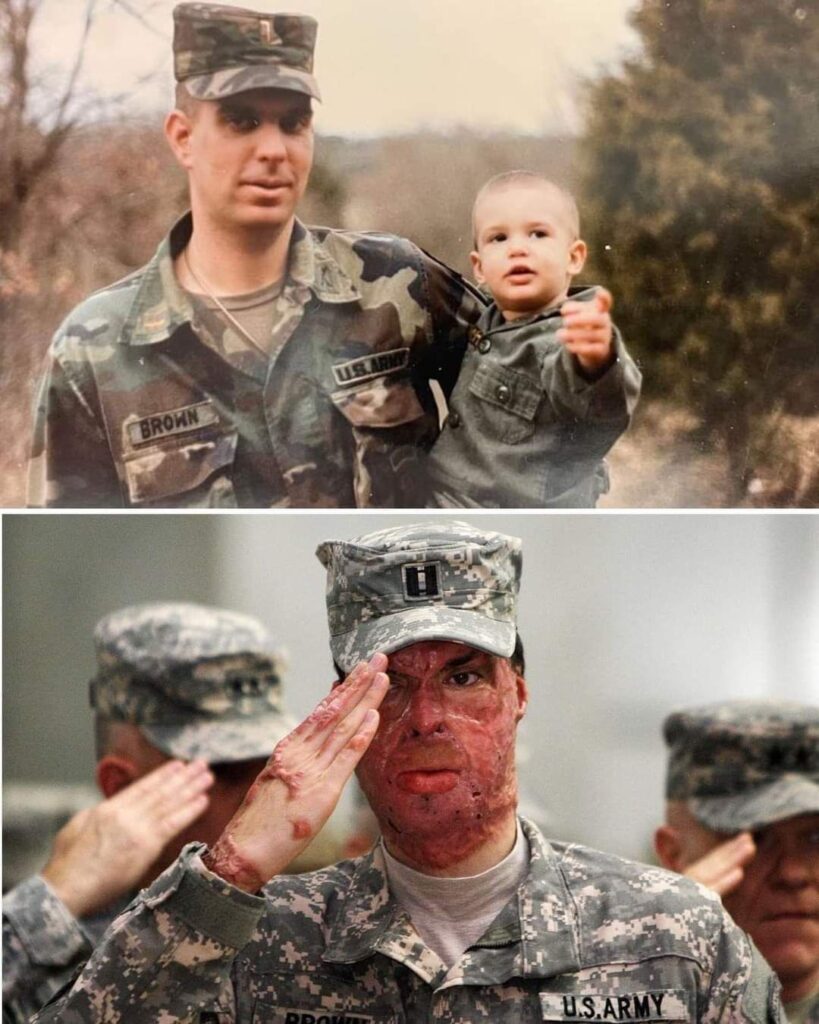

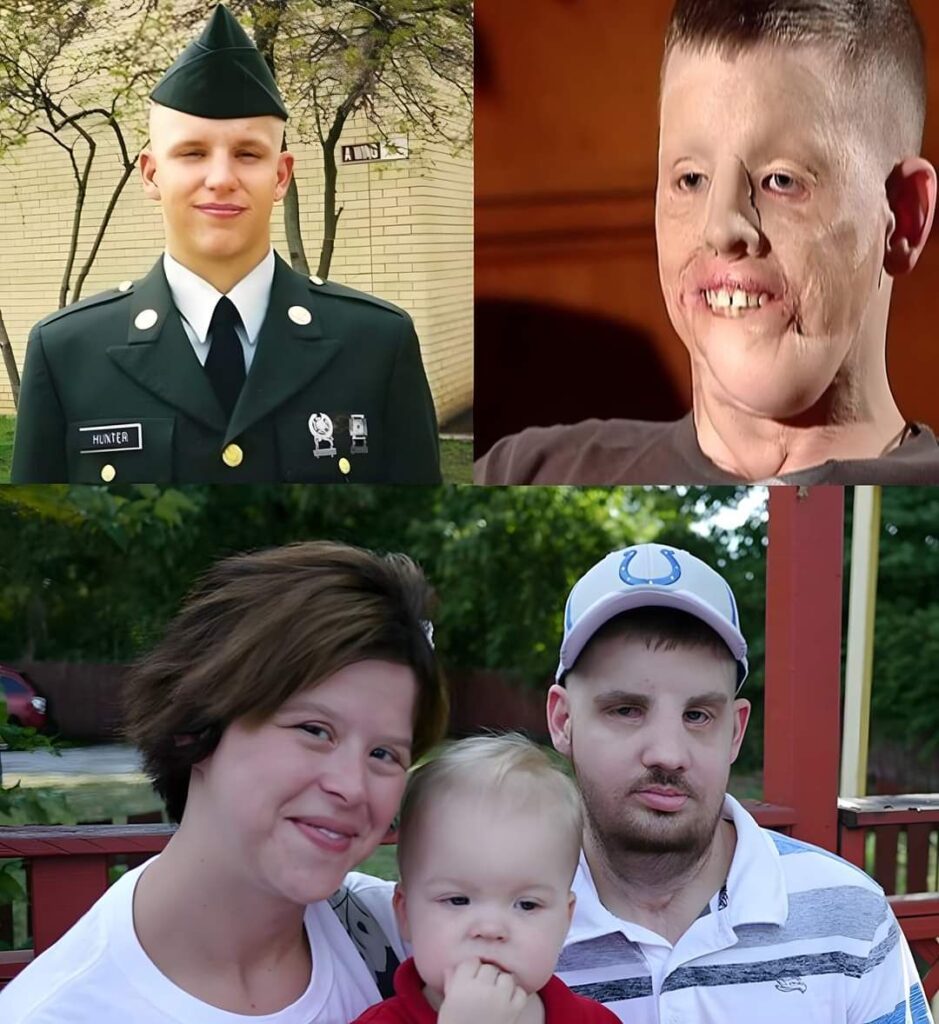
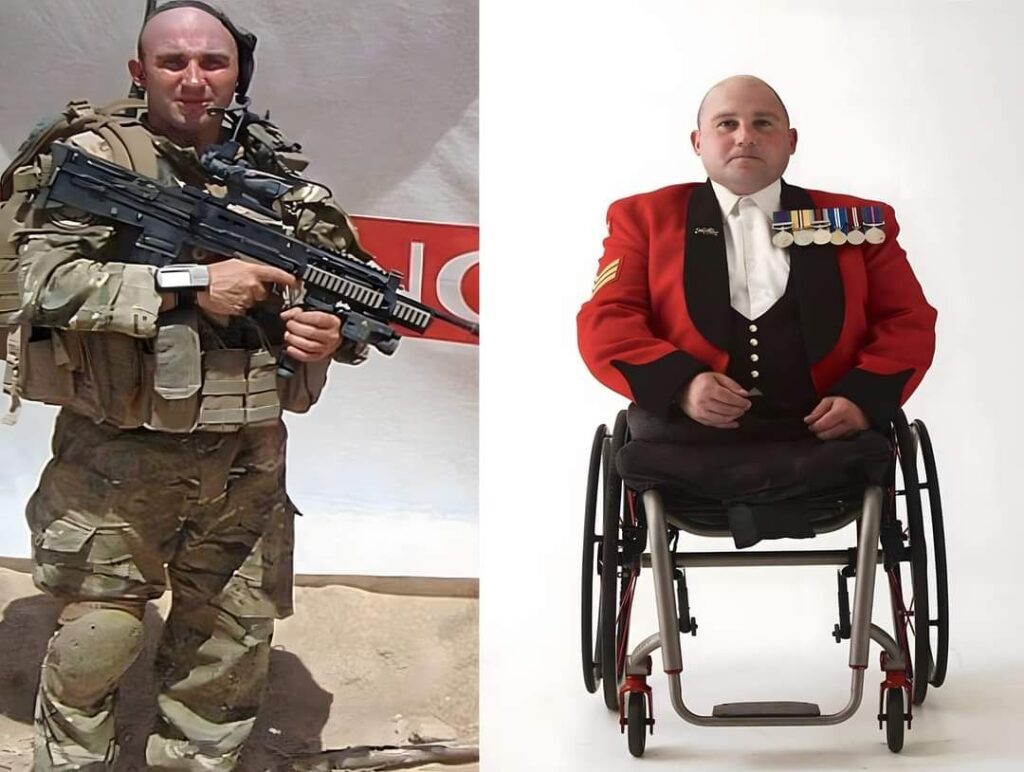
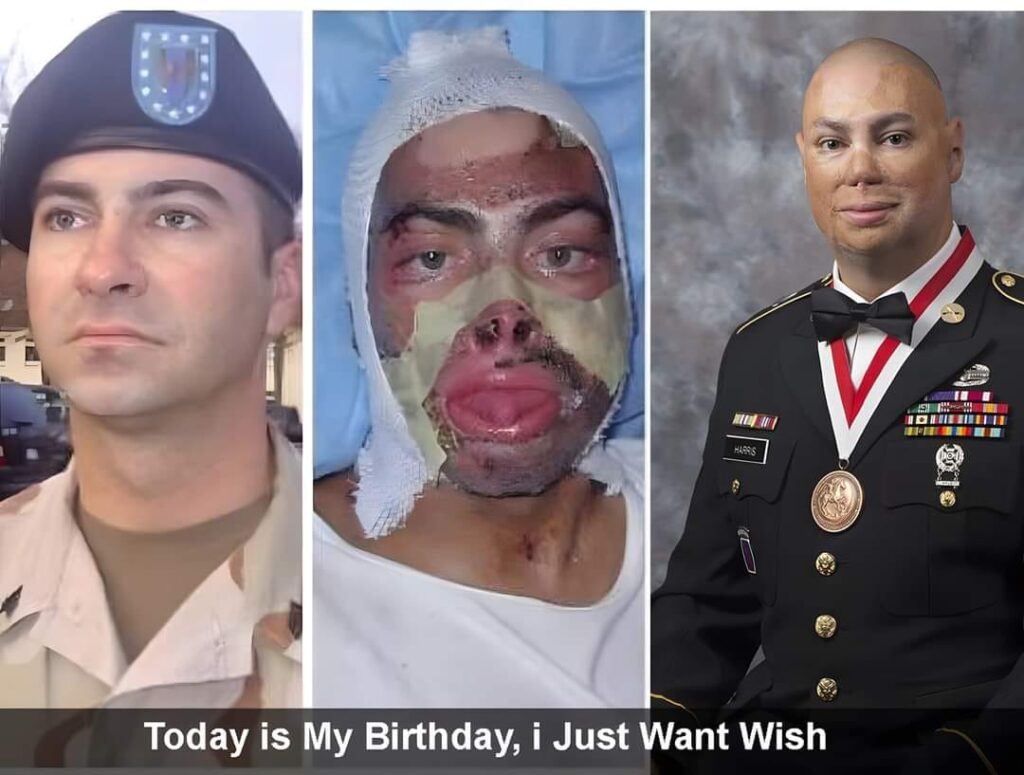
Understanding the Weight of Silence
When we think of soldier sacrifices, our minds often gravitate towards battlefields and heroic actions. However, there exists an undercurrent of unspoken struggles that become prominent when one examines the silent sacrifice of soldiers.
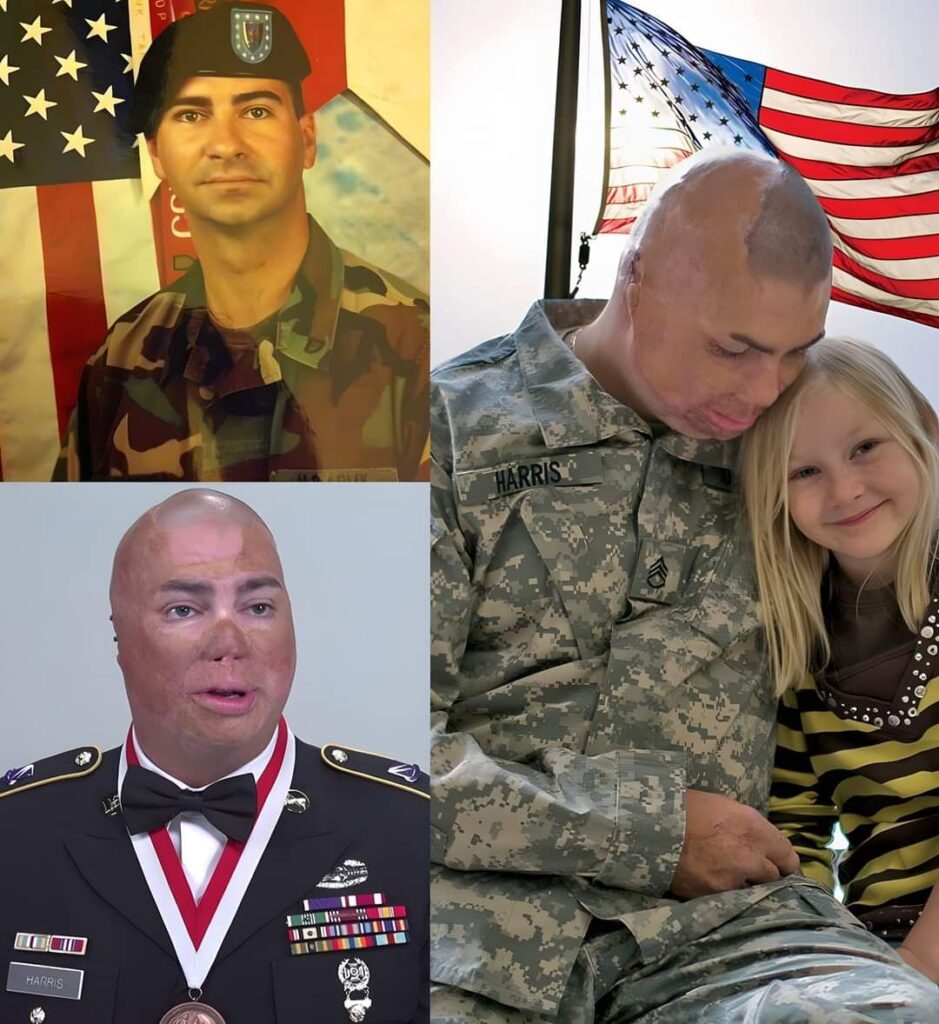
Soldiers endure immense emotional burdens that often remain unexpressed. From the moment they enlist, their lives transform dramatically, marked by rigorous training, separation from family, and exposure to traumatic events.
The emotional landscape for these warriors is intricate and fraught with tension. Many grapple with feelings of isolation and fear, especially when transitioning back to civilian life after deployment. The scars of war are not always visible; they lie deep within, manifesting as anxiety, depression, or PTSD.
It’s essential to recognize that many soldiers feel compelled to maintain a facade of strength. The cultural expectation to appear resilient can lead them to suppress their true feelings, reinforcing the notion of the silent sacrifice. This emotional suppression can result in destructive coping mechanisms if left unaddressed.
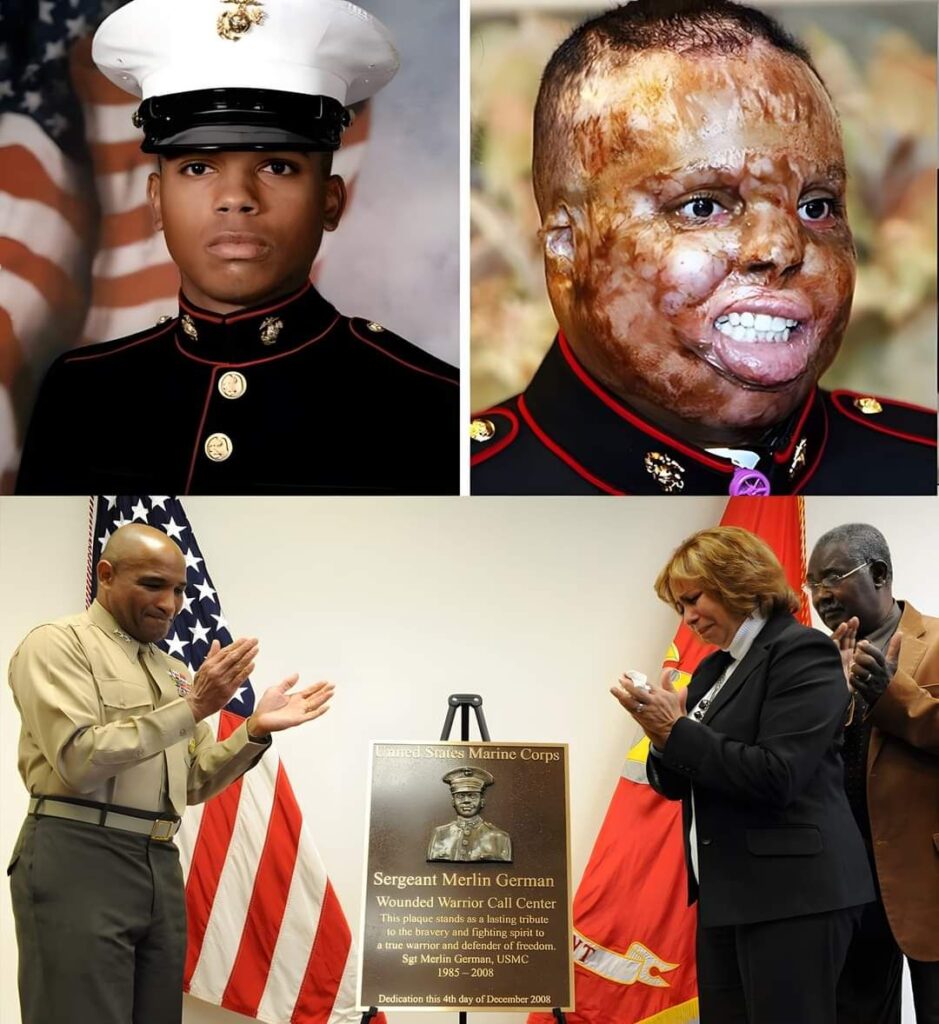
The silent sacrifice of soldiers extends beyond the individual experience to impact their relationships with loved ones and society at large. Upon returning home, veterans find themselves in a world that has moved on without them.
This disconnect can be jarring. Friends who once shared carefree moments may now feel distant, unaware of the profound changes their veteran friends have experienced. The inability to communicate these experiences can create additional barriers, leading to loneliness and frustration.
Moreover, the lack of public understanding about the military experience further isolates these individuals. Society often glorifies the heroism of soldiers while remaining oblivious to the everyday struggles they face upon reintegration. This disconnect highlights the need for broader conversations about the real costs of war beyond traditional narratives.
Addressing the silent sacrifice of soldiers requires fostering a culture of empathy and understanding. Family members, friends, and communities play a critical role in this process. It begins with open discussions where veterans can share their experiences without judgment.
Encouraging storytelling initiatives, support groups, and community outreach programs can bridge the gap between service members and civilians. By creating safe spaces for dialogue, we can nurture an environment where soldiers feel validated and supported.
Moreover, promoting education about military life and its challenges can equip civilians with the tools to better understand and empathize with returning veterans. It is vital to cultivate awareness that goes beyond admiration for their service to recognizing the complexities of their experiences.
The Unseen Burdens of Deployment
Deployment is a transformative experience that brings to light the silent sacrifice of soldiers. As they navigate the complexities of serving in conflict zones, various unseen burdens emerge.
Family dynamics are profoundly affected during deployment. Spouses, children, and extended family members must adapt to life in the absence of their loved one. The weight of responsibility falls disproportionately on the remaining family members, who juggle everyday challenges while yearning for their soldier’s safe return.
For many families, the strain of separation creates a chasm that can take years to bridge. Children may struggle with feelings of abandonment or confusion, longing for the presence of a parent who is physically absent yet emotionally distant due to the trauma of war.
Understanding these family dynamics demands compassion and patience from both sides. Open communication and regular check-ins can help alleviate some of the burden, ensuring that connections remain strong despite the physical distance.
Combat exposure leaves lasting psychological effects on soldiers, shaping their perceptions and interactions long after the conflict has ended. The reality of witnessing death, destruction, and chaos can create profound inner turmoil, affecting mental health and overall well-being.
Many veterans grapple with intrusive memories, hyper-vigilance, and emotional numbing, which can hinder their ability to engage fully in civilian life. The normalization of these experiences within military culture often reinforces the silent sacrifice aspect, as soldiers may feel pressured to ‘tough it out’ rather than seek help.
Creating an environment that encourages mental health discussions is essential. Establishing accessible resources for counseling and therapy can play a pivotal role in addressing these psychological scars. Community support systems also contribute significantly to healing, reminding veterans that they do not have to carry these burdens alone.
Reintegration into civilian life presents unique challenges for returning soldiers. The transition from a structured military environment to the unpredictability of civilian life can be disorienting.
Veterans may encounter difficulties finding employment, grappling with skills translation, and adapting to civilian expectations. The silent sacrifice of soldiers often manifests in feelings of inadequacy or frustration during this period.
To facilitate smoother transitions, employers and communities can implement targeted programs that provide mentorship, job training, and educational opportunities tailored to veterans. By valuing their unique skill sets and experiences, society can help pave the way for successful reintegration.
A Culture of Remembrance and Support
The silent sacrifice of soldiers calls for a broader cultural acknowledgment of their contributions and the trials they endure. Building a culture of remembrance and support is paramount in honoring their service.
Memorials serve as powerful symbols of remembrance, allowing communities to honor the bravery and sacrifices of soldiers. However, it’s crucial that these memorials encompass more than just names engraved on stone.
Incorporating elements that tell the stories of fallen heroes and living veterans can foster deeper connections within the community. Engaging local artists, historians, and veterans in designing these memorials ensures that they resonate with personal narratives and collective experiences.
Establishing robust support networks within communities can significantly influence the lives of veterans. These networks should focus on holistic approaches, addressing not only immediate needs but also long-term well-being.
Support groups that facilitate peer connections can help soldiers share their experiences and emotions openly. Encouraging volunteerism among veterans fosters a sense of purpose while allowing them to contribute positively to their communities.
Additionally, collaborations between non-profits, government agencies, and local businesses can amplify resources available to veterans and their families. By working collectively, communities can create sustainable support systems that address the silent sacrifice of soldiers.
Education plays a vital role in bridging the gap between veterans and civilians. Schools, workplaces, and community centers should prioritize programs that raise awareness about military service, its challenges, and the struggles associated with reintegration.
Inviting veterans to share their stories can humanize the military experience, fostering empathy and understanding. Implementing curriculum components that explore the history and impact of war can also enrich discussions about service and sacrifice.
By cultivating informed citizens, we empower future generations to honor the silent sacrifice of soldiers, ensuring that their stories are not lost in time.
Conclusion
The silent sacrifice of soldiers resonates deeply within the fabric of our society. It reminds us that behind every act of valor lies an intricate tapestry of emotions, experiences, and unspoken burdens. By acknowledging and supporting these sacrifices, we can foster a culture of understanding and respect for those who have served.
Through open dialogues, educational initiatives, and community support, we can create an environment where veterans feel seen and heard. Let us strive to honor their sacrifices not only through commemorative acts but also through meaningful engagement in their lives. In doing so, we pay tribute to the resilience and bravery of those who have answered the call to serve.








Leave a Reply